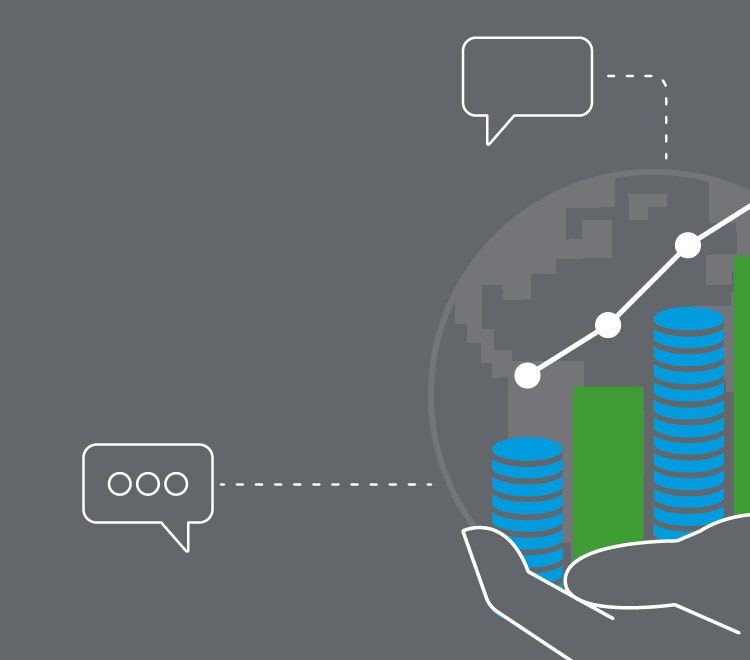his year is likely to be remembered for the sharpest drop in household incomes on record, thanks to a dramatic surge in inflation. Household incomes might not start rising again until the second half of 2023, when inflation drops back. We may not see a return to current levels until 2024.
We still think the UK will narrowly avoid a recession, although consumer spending and GDP growth will inevitably suffer over the next few years.
Forthcoming data is likely to show that inflation is rose to around 6.6% in March before peaking at a little over 8% in April, when Ofgem’s 54% energy price cap increase came into force. And there is likely to be a second peak in October if the energy price cap is revised higher again: Current wholesale energy prices suggest Ofgem will raise the cap by about 40%. This will leave inflation above 6% at the end of the year and annual inflation close to 7.5%, its highest rate since 1991.
Although the tight labour market means that nominal earnings will rise by something like 4% this year, real incomes will still be sharply negative because inflation ought to be around 7.5%. Once we factor in tax increases (eg to NICs) and the relatively small lift to benefits, real household disposable incomes are on track for a record fall of about 2% in 2022.
Household real disposable incomes aren’t likely to begin rising again until Q3 2023, when inflation starts dropping sharply as the recent surge in energy prices becomes the base for comparison. Even so, it may take until the second half of 2024 until they regain their current level.
Of course, there is a huge amount of uncertainty at the minute. The most obvious risk is that energy prices jump again if Western countries tighten sanctions on Russian energy. This would cause an even steeper fall in real disposable incomes. There is a sliver of hope for household incomes to recover more quickly, but it depends entirely on the Chancellor taking much bolder action in the winter Budget to support them than he did in March’s spring statement.
A close call with recession
The dramatic fall in household disposable incomes will inevitably depress consumer spending. The one silver lining is that households have accumulated close to £250bn of excess savings. To put that into context, UK households spent about £33.5bn on electricity and gas in 2021, so a 50% rise would see them spending an extra £17bn. If households dip into their savings to counter rising prices, or the government acts to support them, then the impact on GDP growth may be smaller than it has been in previous episodes of shrinking household incomes.
In fact, we expect households to save less and borrow more in an effort to protect themselves from rising inflation. This is a key reason why we think the UK will avoid a recession this year. However, our forecasts suggest GDP growth will average just 0.1% in each of the remaining three quarters of this year – so it would not take much of a rise in oil prices or a disruption in supply chains to push the UK into recession.

